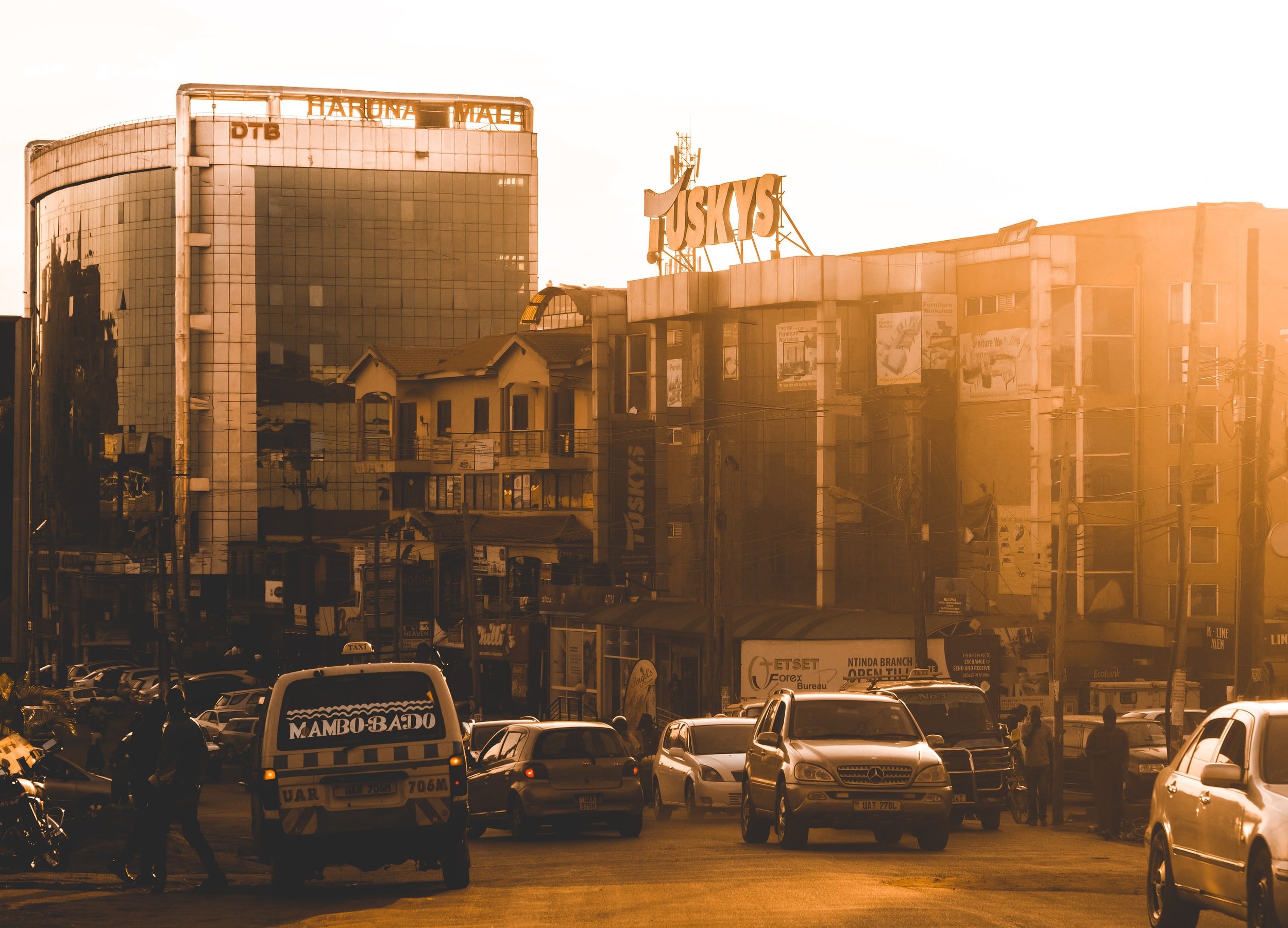
OPEN LAW AFRICA supports free access to public legal information throughout the continent, principally via the internet.
-
Who is Open Law Africa?
We are a collection of academics, lawyers, judicial officers, government printers, NGOs, international funders and human rights activists working independently and collaboratively on projects seeking to achieve open access to law for everyone in Africa.
This website contains contributions from accross our collective and was built as an initiative of the impact team at AfricanLII and Laws.Africa. -
What we do
— Capacitate African governments to sustainably publish and communicate the law.
— Digitize and curate national and African Union law.
— Build and maintain the technology platforms, standards and processes that make this possible.
— Make basic legal information available in plain language and vernacular, for non-legal audiences.— Train and provide technical and programmatic assistance to ongoing projects.
-
How we work
LIIs and other Open Law Africa partners are independent, although we meet and cooperate regularly.
Our technical cooperation is facilitated by AfricanLII, based at the University of Cape Town, and our shared platform is built and maintained by Laws.Africa.
We often collaborate on government capacity-building projects, joint advocacy to regional institutions and delivering training around the continent. -
Doesn't the government publish legal information?
Public legal information is created by the state and publication of that information is necessary for access to justice and the rule of law. In the global North, citizens and lawyers expect the state to allow people to have access to this digital information automatically.
Unfortunately, this is not the case in much of Africa. In many countries, rules and systems restrict legal information to those who travel to a government building to seek a paper copy of a specific document. In others, government commercial agreements with well-established publishing houses restrict information to members of the legal profession who can financially afford it.
Open Law Africa collaborators work closely with local governments to in-source the digital publication process. -
What is a LII (Legal Information Institute)?
LIIs are local organisations who have taken up responsibility for publishing up-to-date legislation, case law and gazettes. In many instances, LIIs are the only digital source of law available in the country. Some LIIs are formally part of the national government structure (eg Kenya Law) or judiciary (ULII, ZimLII); others are run by independent NGOs (eg MalawiLII) or academic institutions (eg ZambiaLII).
What is public legal information?
Some helpful definitions.
-
Public legal information means legal information produced by public bodies that have a duty to produce law and make it public. It includes primary sources of law, such as legislation, case law and treaties, as well as various secondary (interpretative) public sources, such as reports on preparatory work and law reform, and resulting from boards of inquiry. It also includes legal documents created as a result of public funding. From the Montreal Declaration (2002).
-
A Government Gazette, often abbreviated to ‘GG’ is an official publication by the Government. They are important because they people to keep up to date with new laws that the Government has passed. Gazettes usually include Acts and bills, regulations, notices, changes of names, company registrations and deregistrations, financial statements, land restitution notices, liquor licence applications and transport permits, insolvencies, liquidation and estate notices. Government Gazettes are not only used by lawyers, many people rely on them to find out about changes happening to the Government.
-
Judicial decisions, also known as judgments, are decisions reached by courts regarding the obligations, rights and liabilities of the people in front of the court (parties) during a legal action or proceeding. In their judgments, courts provide explanations as to why they have reached a particular conclusion. Often, if a party is unsatisfied with this conclusion, they may challenge (appeal) the judgment in a higher court during which time they will challenge the explanations provided in the judgment they are challenging. While the outcome of judgments is always the most important to the parties, the reasoning is usually what stands out for other people. This reasoning often impacts the way the law is interpreted and is then known as ‘precedent’. Judgments help us understand how exactly the law works. Free and easy access to judgments is fundamental for meaningful access to justice, as they allow everyone to understand what the law means and how it impacts them.
-
Legislation is a law or a set of laws that have been passed by Parliament.
-
Consolidated legislation refers to laws (usually through Acts or regulations) that reflect up-to-date changes. There are usually different versions of legislation but the ones that are applicable at any particular moment is the most recent one, reflecting all the changes that Parliament has made. Consolidated legislation is often hard to find, which makes it more difficult for people, especially non-lawyers, to know which laws are applicable. Hence, free and easy access to consolidated legislation is crucial to a strong democracy.
-
A treaty is a written agreement in international law, usually made between sovereign states. A treaty is usually only considered law within a country if it has been signed by the government and enacted into legislation.
The Montreal Declaration on Free Access to Law (2002)
We are united in our commitment to the Montreal Declaration principles, which guide similar initiatives around the world:
Public legal information from all countries and international institutions is part of the common heritage of humanity. Maximising access to this information promotes justice and the rule of law;
Public legal information is digital common property and should be accessible to all on a non-profit basis and free of charge;
Organisations such as legal information institutes have the right to publish public legal information and the government bodies that create or control that information should provide access to it so that it can be published by other parties.
